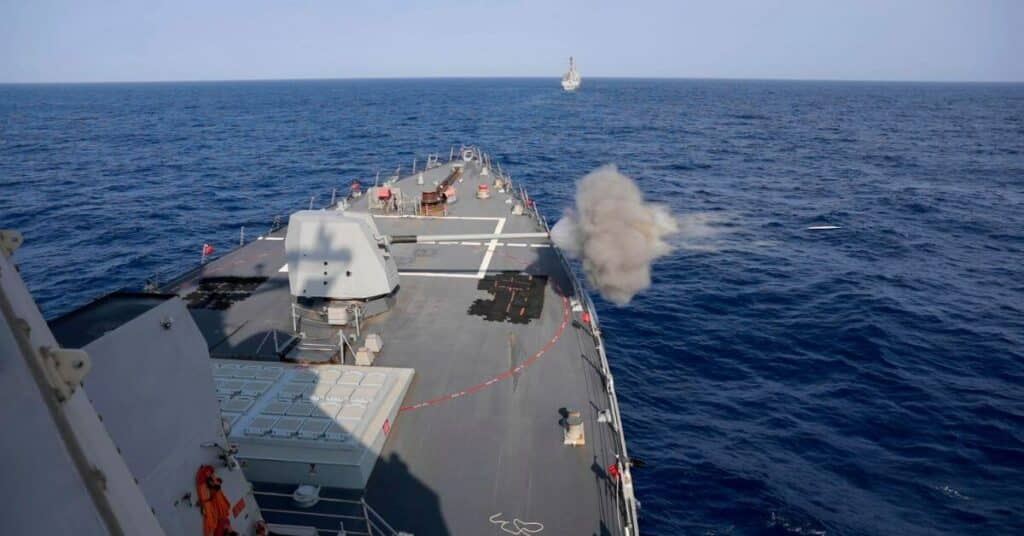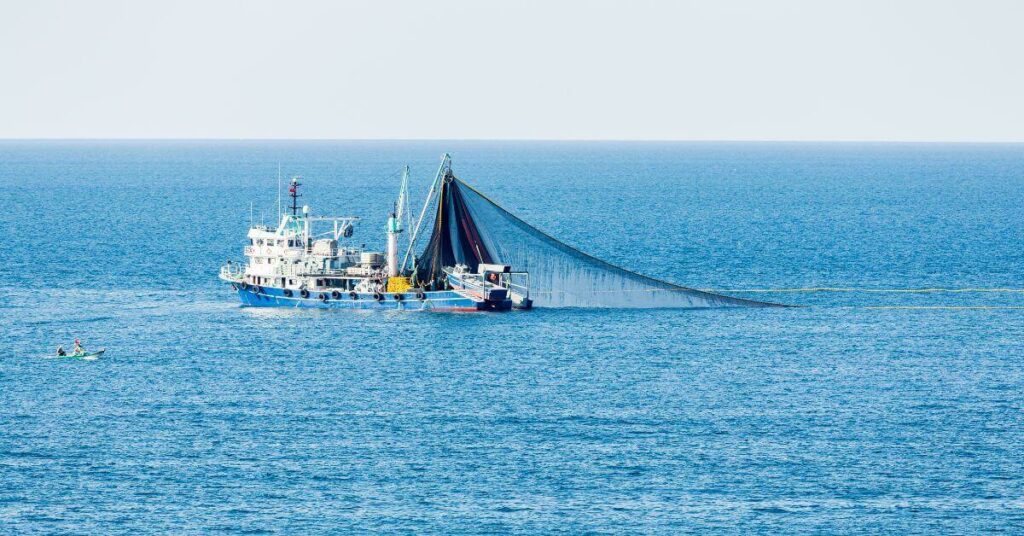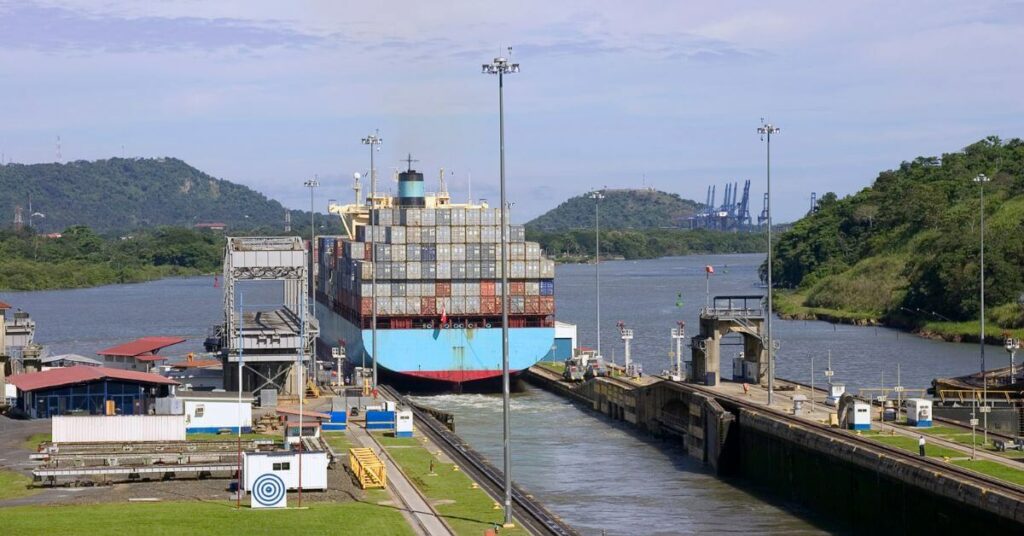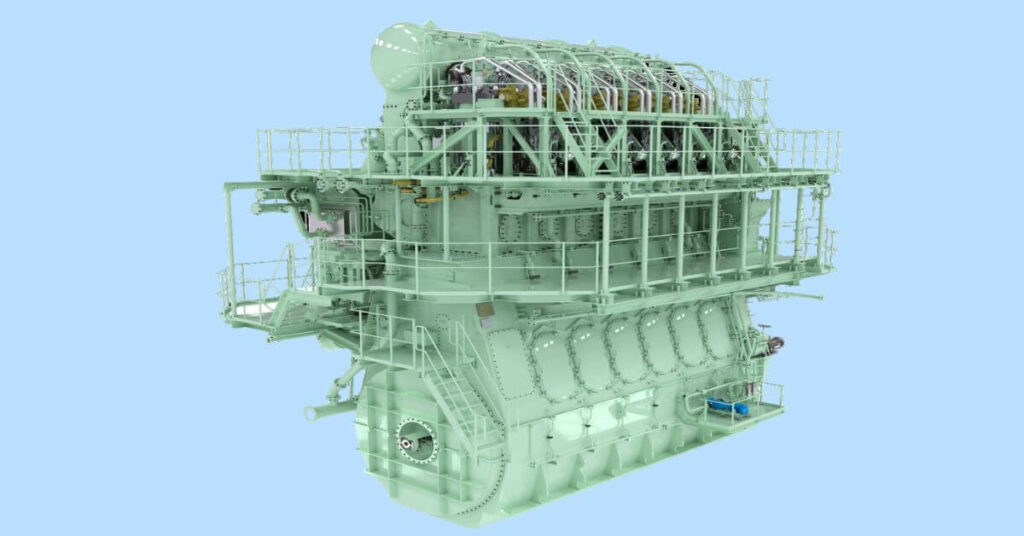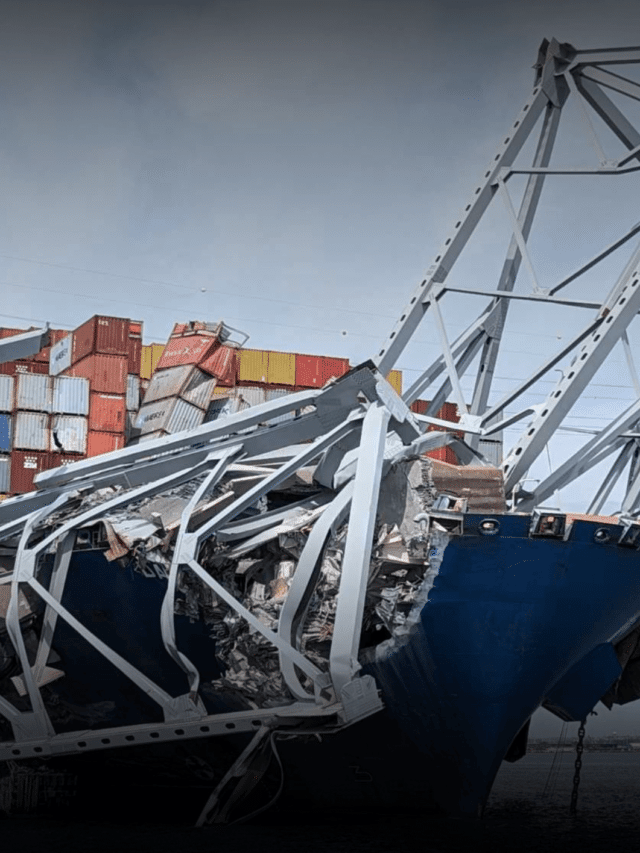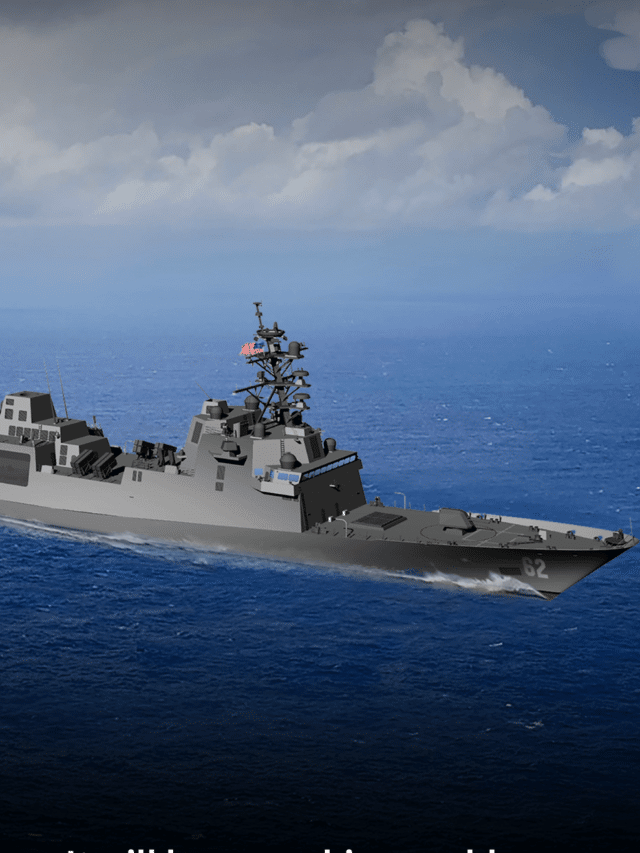Drewry Launches ‘Cost Impact Calculator’ To Help Shippers Better Understand Fuel Costs Post-IMO 2020
Responding to the concerns and needs of Beneficial Cargo Owners (BCOs) ahead of the IMO 2020 global emission regulation, global shipping consultancy Drewry announces the addition of a new BAF formula and fuel cost benchmarking service to complement its existing range of ocean freight procurement support services.
In cooperation with both shipper members of the Drewry Benchmarking Club and other parties, Drewry has developed an IMO low-sulphur rule, “Cost Impact Calculator” based on robust market data, benchmarked BAF charges and fuel cost differentials between loops and carriers.
Lack of cost transparency: Responding to the concerns of shippers
“With the compliance window to the IMO’s low-sulphur rule change in January 2020 rapidly closing, our analysis of the topic has highlighted widespread unease and uncertainty among shippers,” said Philip Damas, Head of Drewry Supply Chain Advisors. A recent survey of global shippers and freight forwarders conducted by Drewry found that three quarters of respondents had yet to receive information from their carriers on how they planned to recover the fuel cost increases widely anticipated to accompany the regulatory change. Perhaps more worryingly, over half of respondents did not consider their service providers’ existing approaches as either fair or transparent.

“These research findings are amplified by the complexity of the issues in play; the cost recovery models, the lack of cost transparency etc.,” added Philip Damas. “Thorough preparation, information-sharing and changes to fuel charge contractual terms are now required.”
The new Cost Impact Calculator responds to these concerns through a new range of fuel cost verification services alongside Drewry’s existing freight procurement and cost benchmarking products to help medium and larger BCOs better understand their fuel cost exposure and mitigate future cost increases.
Significant additional costs to be heaped on the industry
Based on independent “futures” prices, low-sulphur marine fuel prices per tonne will be 55% higher than current high-sulphur fuels and Drewry considers that the probable “worst case” scenario is that fuel costs (paid by carriers) and fuel surcharges (paid by shippers) in global container shipping will increase by 55-60% in January 2020.
Drewry is currently working with other shipper groups to obtain more information on current versus the likely post-IMO fuel consumption mix. Further, the consultancy has already requested detailed fuel data and BAF policy information from several carriers.
Reference: www.drewry.co.uk
Disclaimer :
The information contained in this website is for general information purposes only. While we endeavour to keep the information up to date and correct, we make no representations or warranties of any kind, express or implied, about the completeness, accuracy, reliability, suitability or availability with respect to the website or the information, products, services, or related graphics contained on the website for any purpose. Any reliance you place on such information is therefore strictly at your own risk.
In no event will we be liable for any loss or damage including without limitation, indirect or consequential loss or damage, or any loss or damage whatsoever arising from loss of data or profits arising out of, or in connection with, the use of this website.
Disclaimer :
The information contained in this website is for general information purposes only. While we endeavour to keep the information up to date and correct, we make no representations or warranties of any kind, express or implied, about the completeness, accuracy, reliability, suitability or availability with respect to the website or the information, products, services, or related graphics contained on the website for any purpose. Any reliance you place on such information is therefore strictly at your own risk.
About Author
Marine Insight News Network is a premier source for up-to-date, comprehensive, and insightful coverage of the maritime industry. Dedicated to offering the latest news, trends, and analyses in shipping, marine technology, regulations, and global maritime affairs, Marine Insight News Network prides itself on delivering accurate, engaging, and relevant information.

About Author
Marine Insight News Network is a premier source for up-to-date, comprehensive, and insightful coverage of the maritime industry. Dedicated to offering the latest news, trends, and analyses in shipping, marine technology, regulations, and global maritime affairs, Marine Insight News Network prides itself on delivering accurate, engaging, and relevant information.
Do you have info to share with us ? Suggest a correction
- U.S Navy Fired $1 billion In Missiles To Counter Iran & Houthis In Middle East, Says Navy Secretary
- U.S Navy Warships Fire SM-3 Missiles For the First Time To Shoot Down Iranian Missiles
- Greece Becomes 1st European Nation To Ban Bottom Trawling In Marine Parks & Protected Areas
- Panama Canal Authority Increases Ship Booking Slots & Maximum Allowable Draft As Water Levels Improve
- World’s Largest Car Carriers Set to Be Powered By MAN ES Propulsion Package
- Howden Offers War Risk Cargo Insurance Covering Red Sea Ships Against Drone & Missile Attacks
Latest Shipping News Articles You Would Like:
Subscribe To Our Newsletters
By subscribing, you agree to our Privacy Policy and may receive occasional deal communications; you can unsubscribe anytime.
Web Stories










